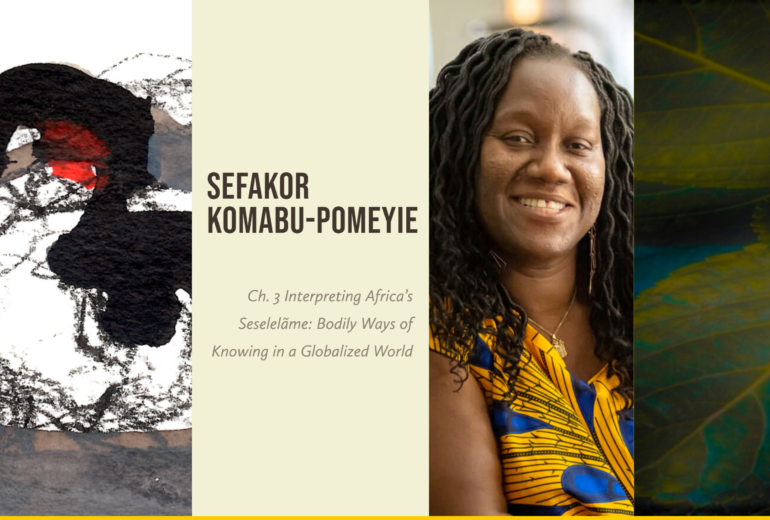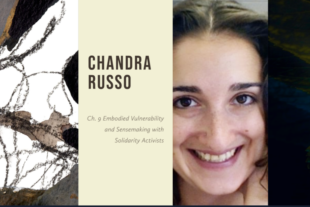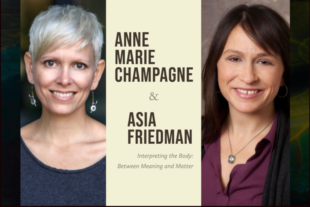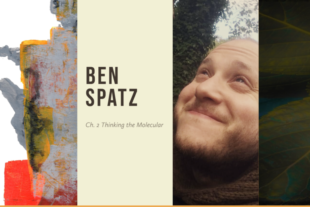Ch3. Interpreting Africa’s Seselelãme: Bodily Ways of Knowing in a Globalized World
Sefakor G.M.A. Komabu-Pomeyie holds a PhD in Educational Leadership and Policy Studies from the University of Vermont, where she currently teaches their online “Global Disability Studies” course, which serves a national constituency. Her research focuses on the shortcomings and idiosyncrasies that underlie contemporary responses to disability-oriented human rights abuses in schools. She has held a Ford Foundation Fellowship in addition to winning awards from the Association of University Centers on Disabilities and the International Alliance of Women. She is published in Disability in the Global South: The Critical Handbook (Springer, 2016).
Related Co-author with Kathryn Linn Geurts
An African language term seselelãme (meaning bodily ways of knowing) has recently spread into a globally popular phenomenon appearing in films, workshops, blogs, therapy sessions, and other venues spotlighted on the world wide web. This chapter explores questions such as: What sorts of interpretations are being made about seselelãme by people attempting to deploy it in Global North contexts? What are the implications of individualizing and commoditizing seselelãme in fee-driven self-transformation workshops? In what ways does this perpetuate symbolic and structural asymmetries underpinning institutional power? This chapter problematizes some of the ways in which seselelãme is being used in Global North contexts (including as a quick fix to the mind--body problem) and then revisits how Ghanaian people themselves narrate bodily ways of knowing. Taking a psycho-socio-cultural approach, the authors align seselelãme with a modal (compared to categorical) way of understanding and being in the world. Finally, the chapter argues that seselelãme is one of Africa's treasures, which is nonetheless being culturally distorted, culturally appropriated, and culturally stripped of its richness.
~~
For updates from the author and access to supplemental materials (interviews, podcasts, syllabi, etc.) when they are made available, please visit Chapter 3.
Home » Blog » Sefakor Kombu-Pomeyie




